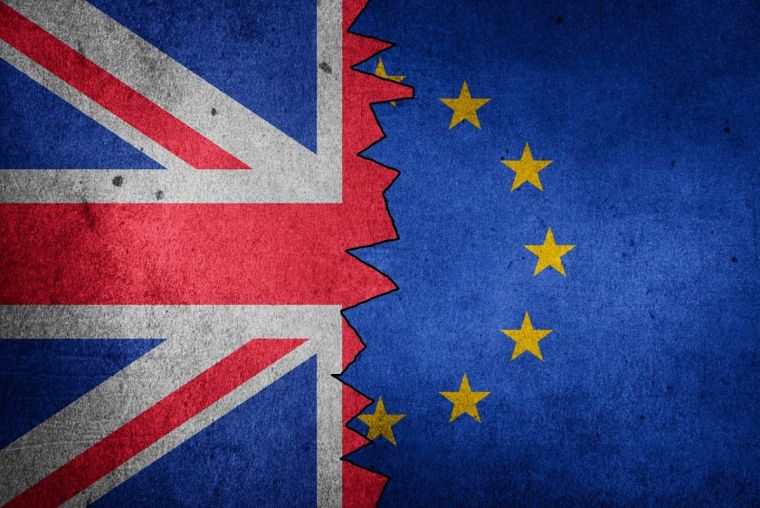What would John the Baptist say about Brexit?
On Sunday, the lectionary (our three year cycle of Bible readings) gave us this reading from Luke's Gospel: 'In the fifteenth year of the reign of Tiberius Caesar – when Pontius Pilate was governor of Judea, Herod tetrarch of Galilee, his brother Philip tetrarch of Iturea and Traconitis, and Lysanias tetrarch of Abilene – during the high-priesthood of Annas and Caiaphas, the word of God came to John son of Zechariah in the wilderness.'

As I tap on my keyboard, I have parliament on TV in the background. The prime minister has just pulled the vote promised for Tuesday. The government is seeking a further reassurance on a part of a Brexit deal that still may never make it to or through parliament. The government's partners have effectively walked away. There is no united opposition. By the end of the week we may have a vote, we may have a vote of no confidence, and actually none of us really know.
Important and powerful people are doing their thing. Some of them are advancing their own interests and posturing for power and prestige. Some are listening to the fears of the people, at least the people who are likely to cause the most disruption if they are not heard. Some are trying to hold out for a national interest, in a nation that is four nations with many diverse interests.
Two thousand or so years ago in a nation of many identities, a posturing emperor was ruling. His emissary was delivering on the promise of empire. On a local level, two brothers were just about holding on to power, feeling the need to quash local uprisings and insurgencies to bolster their own authority. Important and powerful people were doing their thing.
And in the wilderness, Luke tells us, the word of God, came to John, son of Zechariah.
John spoke from a place where God's people had historically found themselves lost and wandering. In his own time, we might argue that the wilderness was the place of the odd and ostracised. And yet this ordinary man called a people back to what they were always supposed to be. Calling out their hypocrisy, John was not afraid to challenge those with power. For those with less power, he gave a reminder to turn around, to not cheat on your taxes, to only have what you need. To the guards he said do not blackmail or threaten people. In all of these things he pointed to Jesus.
It seems to me that we are all invited to follow after the way of John the Baptist – Jesus himself says that there is no better example (my paraphrase). While leaders posture and prevaricate, we are invited to remind ourselves and others not to cheat on our taxes, to only have what we need. We are invited to act gently, not with threats or blackmail but with an invitation to others to change their minds. We may do this with words, but in our wilderness times we are as likely to do it with small acts of gentle compassion and care.
Under the Brexit bluster we cannot forget the nearly 700,000 who have used a foodbank in the last six months. We can't forget the homeless, the hopeless and the hungry. We cannot forget that we have a role to call all of us back to a true humanity of seeing God in the face of the other. And when we do this, we too will point to Jesus.
Like John the Baptist, there may come a moment where the ordinary people who point to God, have to confront the powerful and tell them clearly that what they are doing is wrong. We may pay dearly as John did. But until then my Advent prayer is that in the midst of the political machinations we might go on doing what is right to prepare the way for Jesus.
Rev Jude Smith is the team rector of Moor Allerton and Shadwell in North Leeds. Follow her on Twitter @gingervicar











